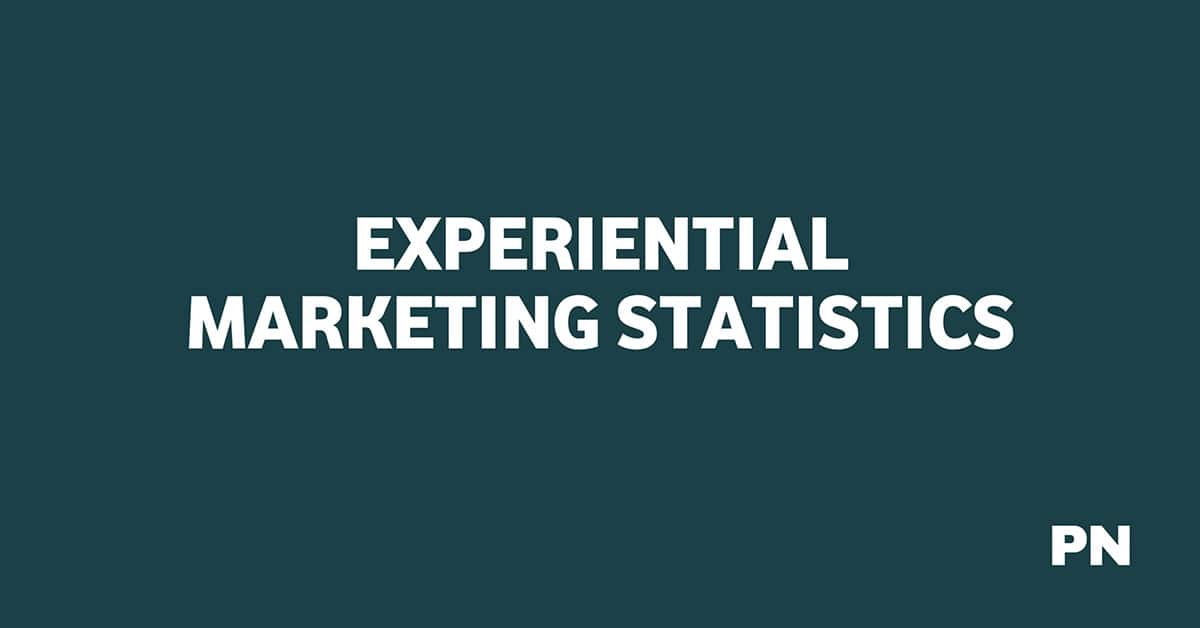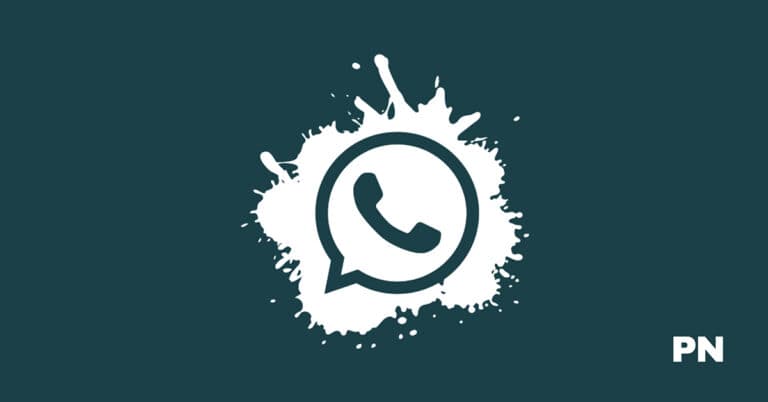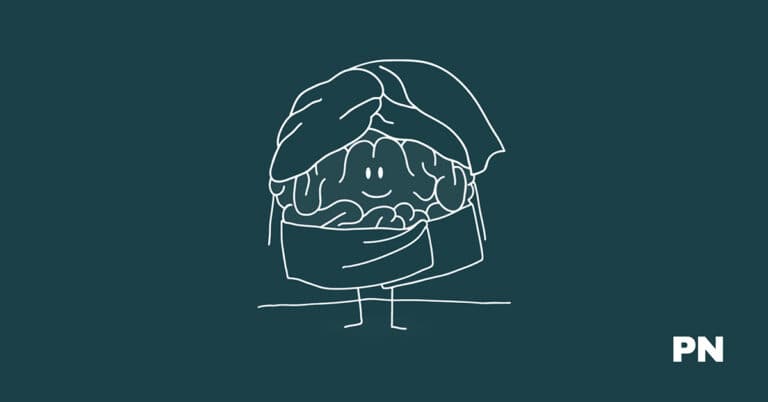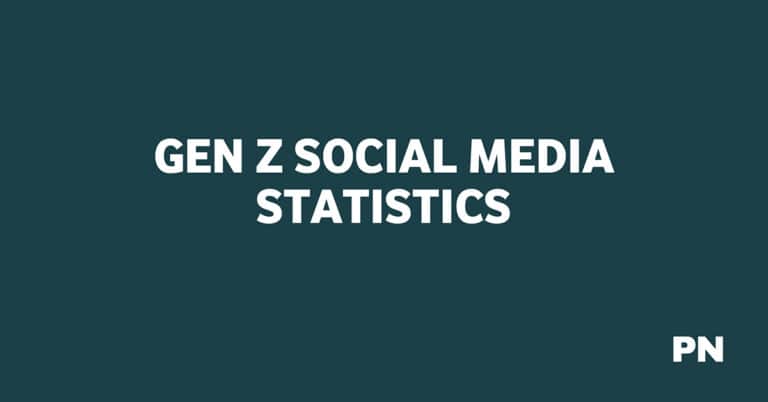26 Experiential Marketing Statistics: Key Industry Insights

Experiential marketing is a powerful tool that can significantly impact your business.
Did you know that experiential marketing has a success rate of 38.34%, making it one of the most effective marketing strategies available?
Experiential marketing statistics reveal that hosting brand events is a great way to drive sales and generate revenue.
In fact, 79% of marketers generate revenue through experiential marketing, and 70% of B2C and 90% of B2B marketers held a live, in-person event in the previous six months.
As a marketer, it’s essential to understand the power of experiential marketing and how it can benefit your business.
In this article, we’ll explore the latest experiential marketing statistics and provide key takeaways to help you make informed decisions about your marketing strategy.
1. 70% of B2C and 90% of B2B marketers held a live, in-person event in the previous six months.
Experiential marketing is a type of marketing that focuses on creating immersive experiences for the consumer.
In recent years, it has become increasingly popular among marketers, with many businesses hosting live, in-person events to engage with their target audience.
Live events provide an opportunity for businesses to connect with their target audience on a personal level.
By creating a memorable experience, businesses can leave a lasting impression on their customers and build brand loyalty.
2. Experiential marketing has a 38.34% success rate.
(Source: The Pineapple Agency)
Experiential marketing focuses on creating an immersive experience for the consumer.
This type of marketing has become increasingly popular in recent years due to its ability to engage consumers in a way that traditional advertising cannot.
One reason experiential marketing is successful is that it allows consumers to interact with the brand more meaningfully.
By creating an experience tailored to the consumer, brands can strengthen their connection with their target audience. This connection can lead to increased brand loyalty and repeat customers.
Another reason is that it is highly shareable.
When consumers have a positive experience with a brand, they are more likely to share it with their friends and family on social media.
This can lead to increased brand awareness and a larger audience for the brand.
3. After attending a live marketing event, 85% of customers are more inclined to buy a product or service.
(Source: Event Marketer)
This statistic highlights the importance of creating a positive and memorable customer experience.
By providing customers with an engaging and interactive experience, businesses can increase their chances of converting them into loyal customers.
Experiential marketing is so effective because it creates an emotional connection between the customer and the brand.
When customers have a positive emotional experience, they are more likely to remember and feel more positively towards the brand.
To create a successful experiential marketing campaign, you must create a unique and engaging experience that aligns with their brand values and messaging.
This can include interactive displays, product demonstrations, and other creative elements that capture customers’ attention.
4. 40% of customers agree that experiential marketing increases brand loyalty.
(Source: Event Track)
One way to create these experiences is by organizing brand events.
Giving customers the opportunity to interact with your brand in a fun and engaging way creates a positive association that will stick with them long after the event is over.
This can be especially effective for creating brand loyalty among younger consumers, who are more likely to value experiences over material possessions.
Another way to use experiential marketing to create personalized experiences.
By tailoring your marketing efforts to the individual preferences of your customers, you can create a more meaningful connection that will keep them coming back.
This can be done through targeted advertising, personalized product recommendations, and other forms of customized marketing.
5. Around 9 in 10 consumers love experiencing a product.
To create a memorable experience, use augmented reality (AR) and virtual reality (VR) in your marketing campaigns.
These technologies create immersive experiences that allow your customers to interact with your products in a fun and engaging way.
Also. you can host brand events.
According to the statistics, 79% of marketers drive sales from experiential marketing involving organizing brand events.
This is because events allow customers to connect with your brand on a personal level, which can lead to increased loyalty and repeat business.
Moreover, millennials, who are the largest consumer group, prefer to spend more on brand experiences rather than purchasing a product in another way.
This means that brands that invest in experiential marketing are more likely to attract and retain millennial customers.
6. Following an in-person experiential marketing event, 75% of marketing conference attendees reported feeling better connected to a brand as customers.
(Source: Event Track)
This is a significant finding, as it shows that experiential marketing events are an effective way to build long-term relationships with customers.
Howvwer, this statistic only applies to in-person events.
While virtual events can still be effective, they don’t provide the same level of engagement as in-person events.
This is likely due to the fact that in-person events allow for more interaction and personalization, which can help to create a stronger emotional connection with customers.
7. 100 million people use augmented reality to shop online and offline.
(Source: Snapchat Business)
Augmented reality (AR) is a type of experiential marketing that allows users to interact with virtual objects in the real world.
AR is becoming an increasingly popular way for consumers to engage with brands and make purchases.
One reason for the popularity of AR shopping experiences is that they provide a more immersive and engaging experience than traditional online shopping.
With AR, consumers can see how products will look in their homes or on their bodies before making a purchase, which can help them make more informed buying decisions.
Another benefit of AR shopping experiences is that they can help to bridge the gap between online and offline shopping.
By using AR, consumers can experience products in a way that is similar to how they would in a physical store, which can help to build trust and increase sales.
8. 78% of millennials would rather spend more money on brand experiences than other purchases.
(Source: EventBrite)
Experiential marketing allows brands to create memorable experiences for their customers, which can help to build brand loyalty and increase engagement.
By offering unique experiences that are tailored to the interests of their audience, brands can create a deeper connection with their customers.
You can partner with other brands or influencers to create a unique experience that your audience will love.
This could include hosting a pop-up shop or a social media campaign that encourages user-generated content.
9. The Global Experiential Marketing Services Market was Estimated at USD 47.527 Billion in 2021.
(Source: Business Research Insights)
This market is expected to reach USD 63.162 billion by 2030, with a CAGR of 3.16% over the forecast period.
Experiential marketing services aim to provide audiences with distinctive, branded experiences that engage them with the brand.
This type of marketing is becoming increasingly popular as consumers are looking for more personalized and interactive experiences.
The growth of the experiential marketing services market can be attributed to several factors, including the rise of social media and the increasing importance of customer engagement.
Brands are realizing that they need to engage with their customers on a deeper level to build long-lasting relationships and increase brand loyalty.
Furthermore, the COVID-19 pandemic has accelerated the shift towards digital experiences, which has led to an increase in virtual and hybrid events.
This has created new opportunities for experiential marketing services providers to offer innovative solutions that combine physical and digital experiences.
10. 70% of buyers become repeat customers after experiencing a brand.
Experiential marketing helps businesses stand out in a crowded marketplace.
With so many brands vying for attention, it can be difficult to capture the attention of potential customers.
By creating unique and engaging experiences, businesses can differentiate themselves from their competitors and create a lasting impression on customers.
11. 80% of customers believe the company’s experience is equally significant as its products or services.
(Source: Salesforce’s State of the Connected Customer Report)
This means that companies need to focus on creating seamless experiences that build trust and loyalty with their customers.
One way to do this is through experiential marketing, which allows customers to interact with a brand in a memorable and engaging way.
Experiential marketing events can help companies create a lasting impression on their customers, leading to increased brand awareness and loyalty.
By focusing on creating extraordinary experiences, companies can raise the bar for customer engagement and stand out in a crowded market.
12. 88% of top-performing ed-tech companies majorly invest in experiential marketing.
By investing in experiential marketing, you can create a positive brand image and increase your institution’s visibility. This can help you attract more students and create a loyal customer base.
Moreover, experiential marketing is a highly effective strategy for educational institutions.
It has a success rate of 38%, which is higher than other forms of marketing such as digital advertising, content marketing, partnerships, and sponsorships, and traditional advertising.
13. In 2022, B2B hybrid events had a 60/40 balance of in-person and virtual participants, while B2C audiences were split 50/50.
(Source: Event Track)
This data highlights the importance of considering the target audience when planning experiential marketing events.
B2B audiences may be more inclined to attend in-person events due to the nature of their business and the need for face-to-face networking.
However, virtual options should still be provided to accommodate those who are unable to attend in-person.
In contrast, B2C audiences may be more flexible regarding attendance and may prefer the convenience of virtual events.
However, in-person events can still be effective for creating a memorable and immersive experience.
14. More than 92% of brand-side respondents agree that adding experiential marketing into overall sales and marketing campaigns is critical to the brand’s sales conversion.
(Source: Agency EA)
Experiential marketing campaigns come in many forms, including in-person and in-store events, installations, product rollouts, and trade shows, among others.
These campaigns offer customers a chance to interact with the brand and its products in a way that is more engaging and memorable than traditional advertising methods.
The benefits of experiential marketing are clear. It helps brands to stand out in a crowded marketplace, build stronger relationships with customers, and drive sales.
In fact, a study by GPJ found that 75% of B2B brand-side respondents agree that experiential marketing has proven to be the most successful tactic of their brand’s various marketing strategies.
If you’re looking to improve your brand’s sales conversion, incorporating experiential marketing into your overall sales and marketing campaigns is critical.
By offering customers a unique and engaging experience, you can build stronger relationships with them, increase brand loyalty, and drive sales.
15. 63% of marketers intend to organize additional experiential marketing events.
(Source: Agency EA)
This shows a growing interest and investment in experiential marketing.
Experiential marketing can create a deeper, more meaningful connection with customers than traditional marketing methods.
By engaging customers in a memorable and interactive way, brands can build stronger relationships and drive greater loyalty.
Experiential marketing events can generate a lot of buzz and excitement on social media, as customers share their experiences and spread the word about the brand.
This can help to amplify the impact of the event and reach a wider audience.
Furthermore, experiential marketing events can provide valuable opportunities for brands to collect data about their customers, such as their preferences, behaviors, and interests.
The data can be used to inform future marketing strategies and improve the overall customer experience.
16. 79% of marketers generate revenue through experiential marketing, which includes hosting brand events.
(Source: Statista)
Hosting brand events is one of the most popular forms of experiential marketing.
These events can take many forms, such as product launches, pop-up shops, or interactive installations.
By creating a unique and memorable experience for consumers, brands can build a deeper connection with their target audience and increase the likelihood of repeat business.
17. 90% of marketers believe that experiential marketing increases engagement.
(Source: Agency EA)
One of the reasons why experiential marketing is so effective is that it provides customers with an opportunity to interact with your brand in a meaningful way.
By creating an experience that is both memorable and enjoyable, you can increase the likelihood that customers will remember your brand and be more likely to engage with it in the future.
Another benefit of experiential marketing is that it can help to create a sense of community around your brand.
By bringing people together and creating a shared experience, you can create a sense of belonging that can be incredibly powerful.
18. 91% of consumers believe participating in experiential marketing will make them more likely to buy from the company.
(Source: Event Track)
This statistic highlights the importance of experiential marketing in today’s competitive business environment.
Consumers are looking for more than just a product or service; they want an experience that resonates with them and makes them feel connected to the brand.
Companies can create an effective experiential marketing campaign by focusing on the customer journey.
This involves mapping out the various touchpoints that a customer has with the brand, from initial awareness to post-purchase follow-up.
By understanding the customer journey, companies can create experiences that are tailored to the needs and preferences of their target audience.
Another key factor to consider when designing an experiential marketing campaign is authenticity.
Consumers are increasingly skeptical of traditional advertising, and they want to see real, authentic experiences that reflect the values and personality of the brand.
By creating experiences that are genuine and authentic, companies can build trust and credibility with their target audience.
19. Experiential marketing is used by 29% of brands, placing it in the top five marketing channels.
Brands and businesses relying upon experiential marketing are on a growth trajectory.
Experiential marketing strategy now ranks as one of the top five marketing strategies most brands and companies currently adopt.
20. More than 60% of senior marketers intend to host and invest in live events.
(Source: Bizzabo)
Live events offer a unique opportunity for businesses to connect with their target audience in a more personal and engaging way.
By hosting live events, businesses can create memorable experiences that can help them build brand awareness and loyalty.
Live events can also help businesses generate leads and drive sales.
21. Marketers produce, host, or attend Conferences, tradeshows, and webinars, the three most common events.
As a marketer, you are likely familiar with conferences, tradeshows, and webinars. These three types of events are the most common forms of experiential marketing used by marketers.
According to a report by Bizzabo, 91% of event marketers consider conferences as the most effective form of marketing.
Conferences are events where professionals from a particular industry gather to discuss the latest trends, share knowledge, and network.
They can be either industry-specific or general, and they can range in size from small gatherings to large-scale events with thousands of attendees.
Tradeshows, on the other hand, are events where companies from a particular industry showcase their products and services.
They are often held in large convention centers and are attended by buyers, suppliers, and other industry professionals.
According to Eventbrite, 64% of individuals attending trade shows aren’t existing customers of the brands present at these events, which represents a significant chance for brands to reach new customers.
Webinars are online events that allow marketers to engage with their audience in a virtual setting.
They are often used to educate customers about a particular product or service, and they can be either live or pre-recorded.
According to Bizzabo, webinars are the third most popular type of event, with 36% of marketers using them as part of their experiential marketing strategy.
22. Experiential events strategically placed at the beginning of videos perform exceptionally well, with a conversion rate of 12.7%.
(Source: Bizzabo)
The effectiveness of experiential events at the beginning of videos can be attributed to the fact that they capture the viewer’s attention right from the start.
This is important because viewers are more likely to engage with content that captures their attention early on.
By incorporating experiential marketing into your video strategy, you can create a compelling brand experience that captures the viewer’s attention and increases the likelihood of conversion.
23. 42% of organizers planned to continue spending on user conferences. 10% intended to spend more, while 6% wanted to spend less.
(Source: Exhibitor)
When it comes to experiential marketing, user conferences are a popular way for companies to engage with their customers and build brand awareness.
User conferences are events that bring together customers, partners, and other stakeholders to learn about new products and services, network with peers, and provide feedback to the company.
They are a great way to build brand loyalty and generate new leads, as attendees are typically already interested in the company’s offerings.
The fact that 42% of organizers planned to continue spending on user conferences is a positive sign for the industry, as it indicates that companies see value in these events and are willing to invest in them.
Additionally, the 10% of organizers who intend to spend more on user conferences suggest that they are seeing positive returns on their investment and are looking to expand their efforts.
However, it’s worth noting that 6% of organizers wanted to spend less on user conferences. This could be due to a variety of factors, such as budget constraints or a lack of ROI from previous events.
As such, it’s important for companies to carefully evaluate the success of their user conferences and adjust their strategies accordingly.
24. A staggering 96% of event professionals use social media event marketing to increase event exposure and awareness.
(Source: Stova)
Social media platforms like Facebook, Twitter, Instagram, and LinkedIn offer a cost-effective way to reach a large audience quickly.
Event professionals can use these platforms to create buzz around their events, share updates and information, and engage with potential attendees.
One of the most significant advantages of social media event marketing is the ability to target specific audiences.
Platforms like Facebook and LinkedIn allow event professionals to create targeted ads that reach people based on their interests, demographics, and behavior.
This means that event professionals can create highly personalized campaigns that resonate with their target audience.
Another advantage of social media event marketing is the ability to track and measure the success of campaigns.
Also, platforms like Facebook and Twitter offer detailed analytics that allow event professionals to see how many people their ads have reached, how many clicks they’ve received, and how many conversions they’ve generated.
25. Budget (82%), innovative ideas (62%), and ROI (54%) are among event planners’ top worries.
(Source: EventMB)
When it comes to experiential marketing, event planners have a lot on their minds. According to recent statistics, the top three concerns for event planners are budget, innovative ideas, and ROI.
Budget is the biggest concern for event planners, with 82% of them citing it as a top worry. This is understandable, as events can be expensive to plan and execute.
However, there are ways to keep costs down without sacrificing quality.
For example, you can negotiate with vendors for better prices, use social media to promote your event for free, and partner with sponsors to offset costs.
Innovative ideas are also a major concern for event planners, with 62% of them citing it as a top worry.
This is because experiential marketing is all about creating unique and memorable experiences for attendees.
To come up with innovative ideas, event planners can brainstorm with their team, research industry trends, and look for inspiration in unexpected places.
Finally, ROI is a big concern for event planners, with 54% of them citing it as a top worry. This is because experiential marketing can be difficult to measure in terms of ROI.
However, there are ways to track ROI, such as by setting clear goals, using data analytics, and surveying attendees after the event.
26. Events often produce an average ROI of 25% to 34%.
This means that for every dollar spent on an event, businesses can expect to see a return of between $1.25 and $1.34.
Of course, not all events will produce the same ROI, and some may even result in a negative ROI.
But overall, events are a reliable way for businesses to connect with their target audience and generate a positive return.
It’s worth noting that not all businesses are confident in their ability to measure the ROI of their events. In fact, 19% of event planners are uncertain about their event’s ROI outcome.
This highlights the importance of having a clear strategy in place for measuring the success of your events.
By tracking metrics such as attendance, engagement, and sales, you can gain valuable insights into the effectiveness of your event and make data-driven decisions for future events.
Final Thoughts on Experiential Marketing Statistics
Experiential marketing is a powerful tool for businesses seeking meaningful engagement with their customers.
The statistics show that experiential marketing activations deliver an impressive 65% of a brand’s total ROI in marketing.
This is evidence of the power of experiential marketing to drive customer engagement and loyalty.
By creating a unique and memorable experience, businesses can stand out from the competition and create a lasting impression on their customers.
The statistics clearly show the benefits of experiential marketing, making it an indispensable tool for businesses seeking meaningful engagement with their customers.
Disclosure: We may earn commissions if you buy via links on our website. Commissions don’t affect our opinions or evaluations. We’re also an independent affiliate of many platforms, including ClickFunnels, Kartra, GoHighLevel, Podia, Northwest Registered Agent, and others. We’re not employees of these services. We receive referral payments from them, and the opinions expressed here are our own and are not official statements of these companies.





